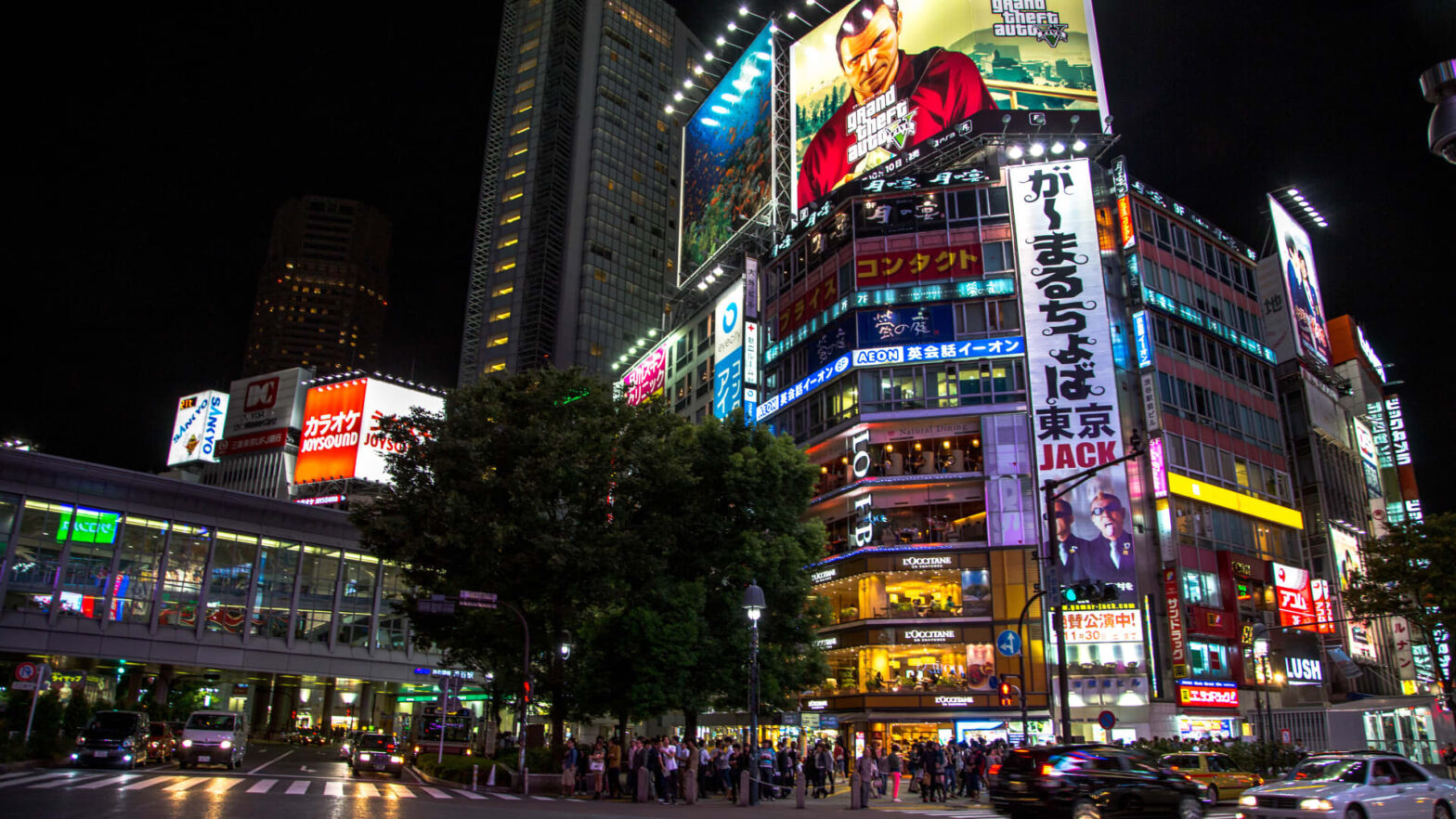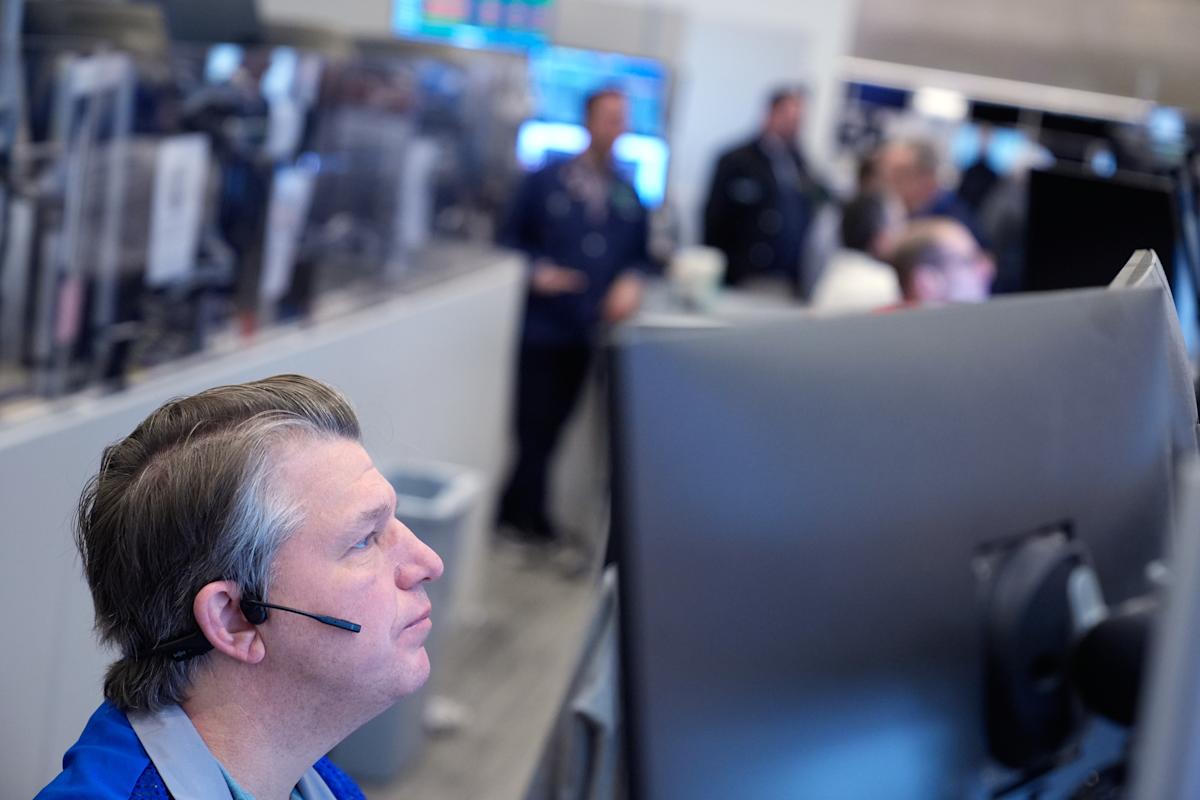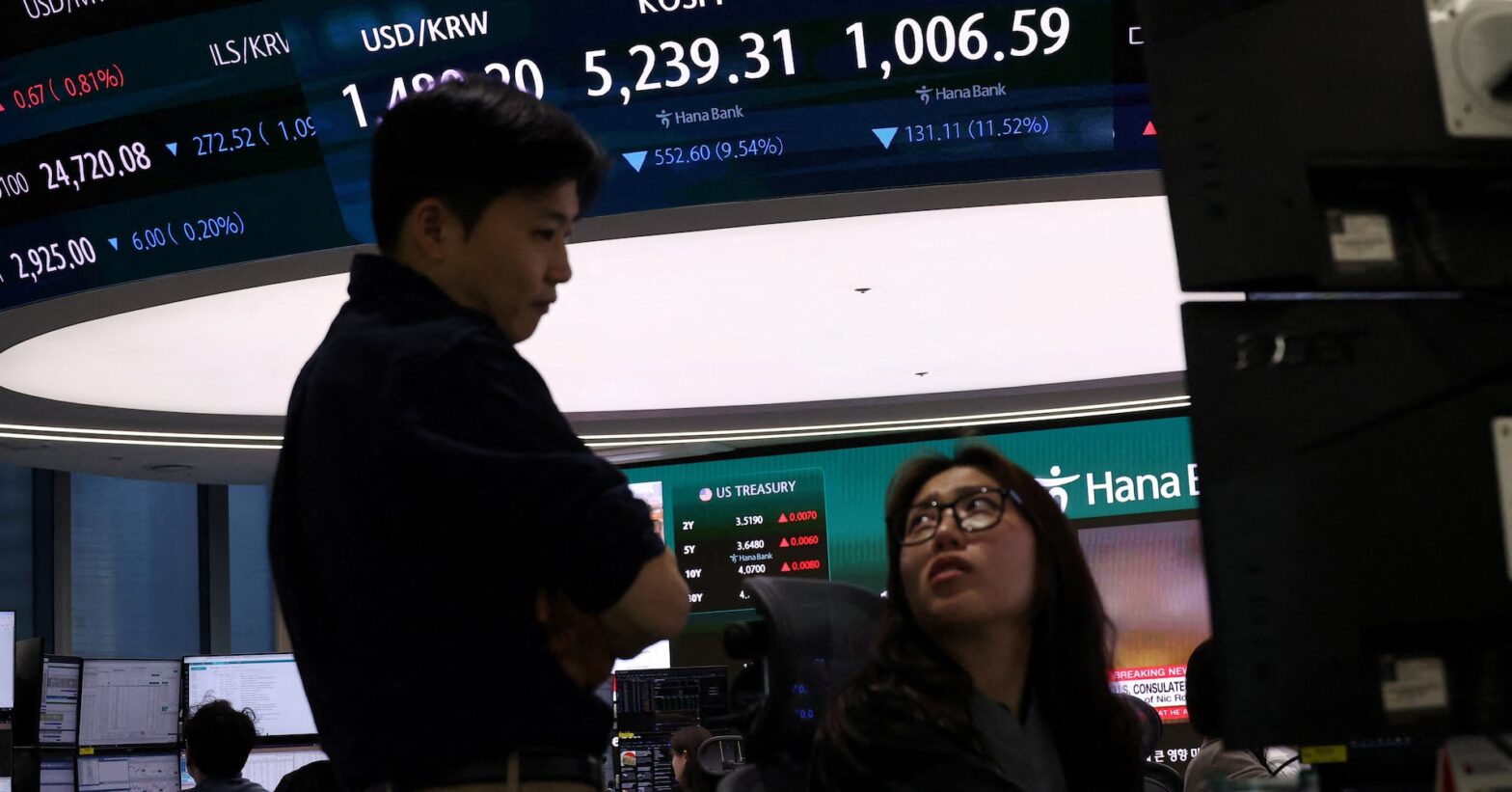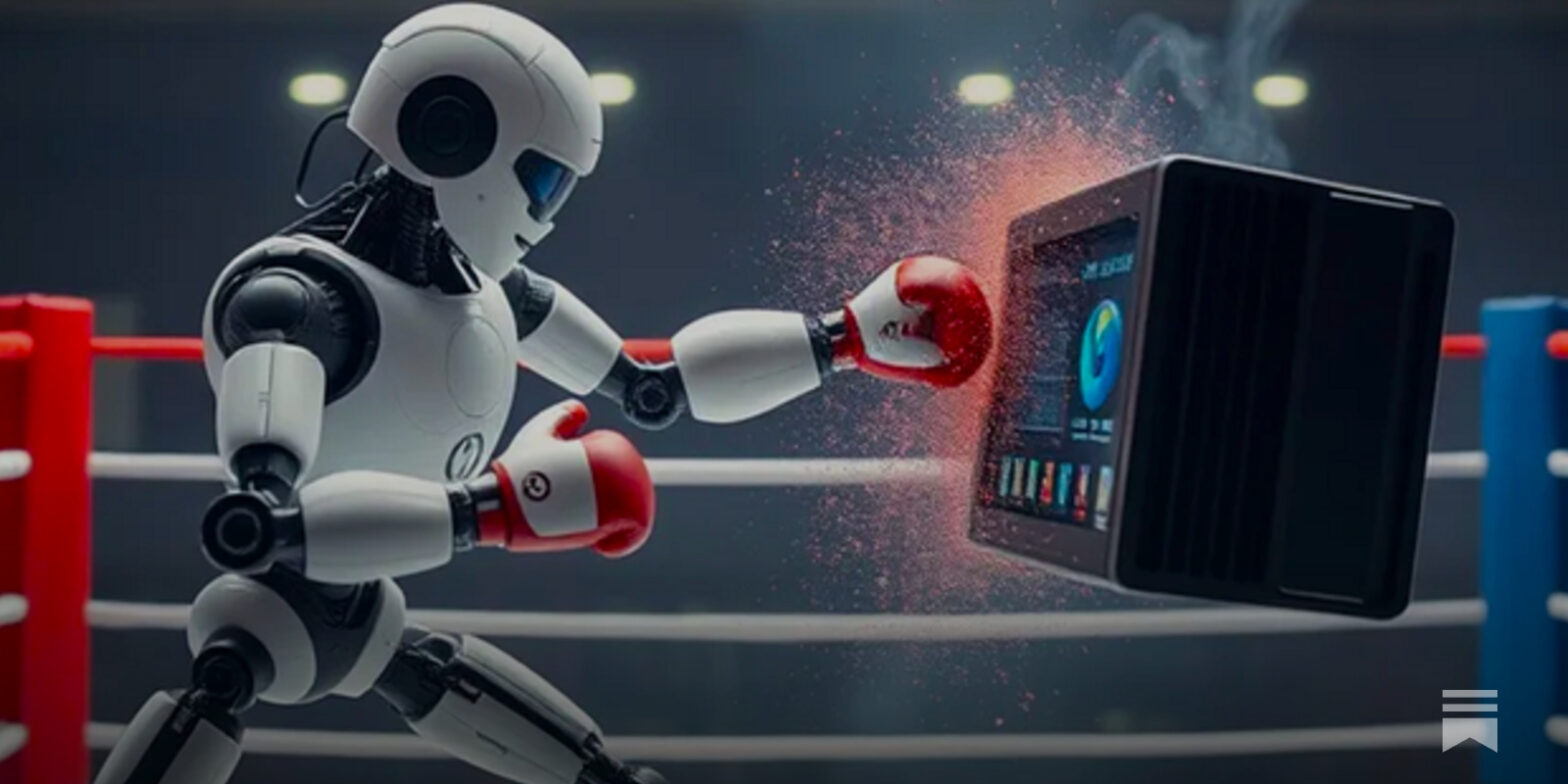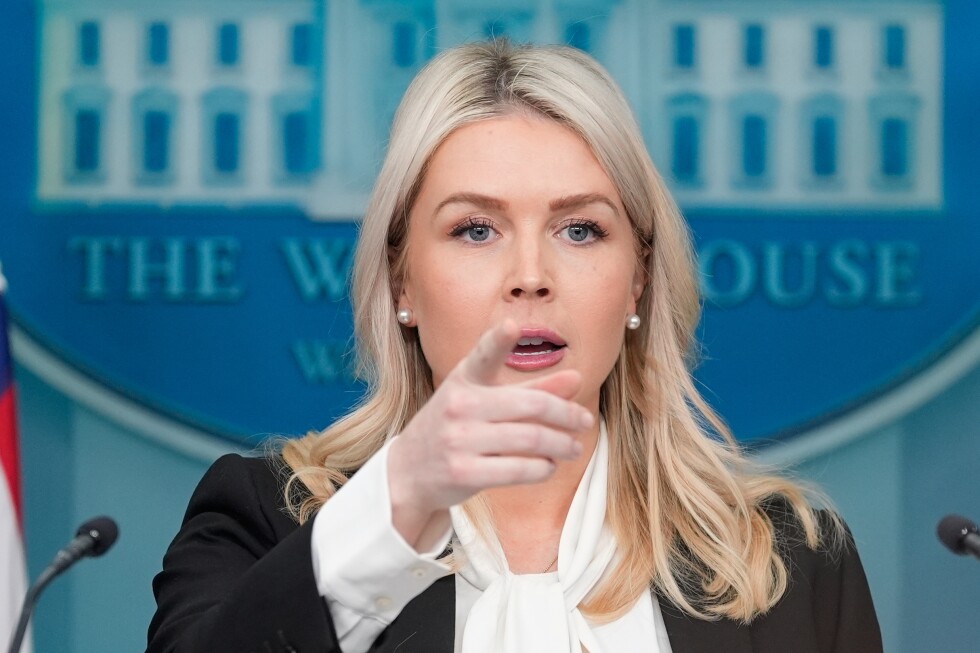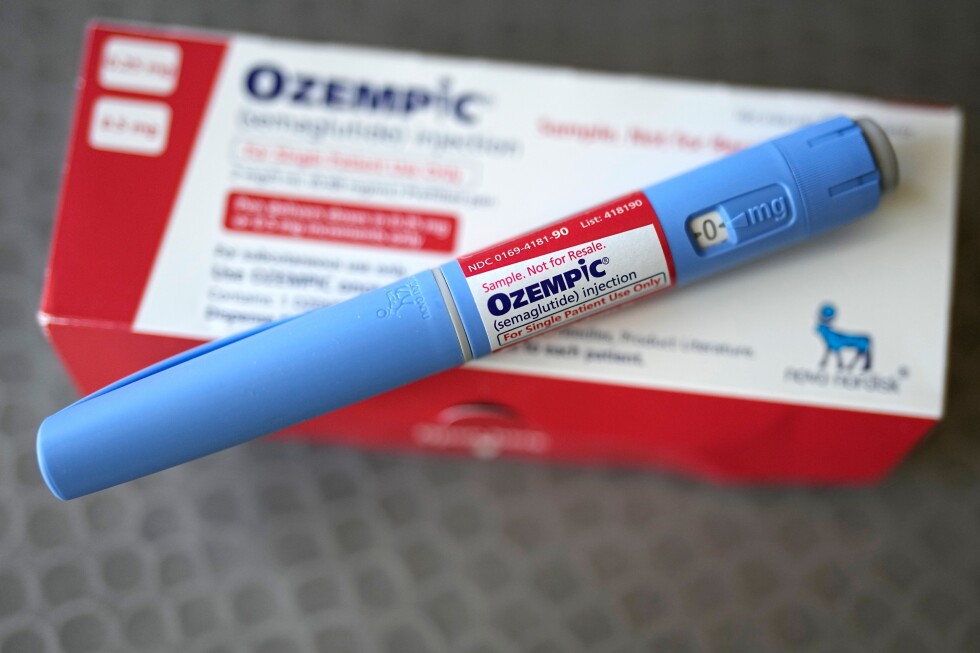You think the S & P 500 at an historic high is something to celebrate? Imagine how the Japanese feel. Japan’s Nikkei 225 index , a price-weighted index of 225 Japanese stocks, has also hit an historic high. But unlike the S & P 500, which has been hitting historic highs regularly, it’s been 34 years since the Nikkei last hit an all-time record — in 1989. Japan’s lost decades I was hired at CNBC in the summer of 1990. A few months before that, on December 29, 1989, Japan’s Nikkei 225 Index hit an historic high that stood until this week. Fueled by a burgeoning global economy, credit expansion and surging money supply, the Nikkei climbed about 250% in the five years from 1985 to the end of 1989. At that time, the Japanese economy seemed unstoppable. Japanese car makers and electronics manufacturers were the envy of the world. And they were on a buying spree. It seemed like the Japanese were not just bidding up real estate in Tokyo. They were buying all the real estate in the world. Mitsubishi was the owner of Rockefeller Center in New York. A Japanese businessman, Minoru Isutani, owned the fabled Pebble Beach Golf Course in California. In 1992, he sold it to The Lone Cypress Company, a consortium led by the Japanese Sumitomo Bank and Taiheiyo Club. It seemed like the Japanese would own everything. Then it all went to hell. By the end of 1990, the Nikkei was down about 40%. Mitsubishi defaulted on the mortgage loan for Rockefeller Center in 1995 and had to sell the complex. In 1999, Lone Cypress sold Pebble Beach to a group led by Arnold Palmer, Richard Ferris, Peter Ueberroth and Clint Eastwood. The Nikkei would not bottom until 2009, at about 80% below its 1989 high. That’s about the amount the U.S. stock market dropped at the start of the Great Depression, from 1929 to 1932. .N225 5Y mountain Nikkei 225 Index in past five years. Except the U.S. stock market took three years to go from top to bottom. The Japanese stock market took 20 years. Japan crawls back After 20 years of deflation and economic stagnation, Japan is finally beginning to emerge from its long slow crisis. It is doing so on the back of a weaker yen, restructured companies and an artificial intelligence frenzy. How to own Japan? The simplest way is through exchange trade funds (ETFs). The iShares MSCI Japan ETF (EWJ) owns all the biggest, best known Japanese companies: Toyota, Honda, Sony, Mitsubishi, Hitachi, Nintendo and Sumitomo Mitsui. A weaker yen and modest inflation has also been a big reason Japanese stocks have gained ground (a weaker yen makes exports less expensive and makes overseas sales more valuable). The WisdomTree Japan Hedged Equity ETF (DXJ) hedges out currency fluctuations and targets companies that are big exporters and that pay dividends. It has outperformed the EWJ. DXJ EWJ 1Y line WisdomTree Japan Hedged Equity ETF vs iShares MSCI Japan ETF past 12 months. Looking at the Nikkei 225, there are lesser-known companies that are also shining, and much of it is due to the tailwind Japanese tech companies are seeing from the AI revolution. The Nikkei 225 is not my favorite index. Like the Dow Jones Industrial Average, it is a price-weighted index, in contrast to more modern indexes like the S & P 500, which are constructed based on companies’ market capitalization. Just as professional investors prefer using the S & P 500, professional investors in Japan typically refer to the Topix, which is a market capitalization weighted index of about 1,700 stocks that trade on the Tokyo Stock Exchange. Still, some of the biggest names on the Nikkei reflect the success Japan has enjoyed in recent years. The biggest names include Fast Retailing , which owns the Uniqlo department store, but below that several companies have been direct beneficiaries of the AI revolution: Tokyo Electron , one of the largest semiconductor capital equipment makers (think Applied Materials); semiconductor testing company Advantest ; and investment management giant Softbank Group , which owns the Vision Fund and has a controlling stake in Arm Hodings Plc. Foreign buying helping Japan Outside of the U.S., Japan is one of the few global investing success stories. That is attracting a lot of foreign attention. Not surprisingly, there have been very large inflows into Japan ETFs since the middle of 2023, as investors began to see Japan was beginning to emerge from its long slumber and that the Bank of Japan was on the verge of reconsidering its negative interest rate policy. Nori Chiou, investment director at White Oak Capital in Singapore, said interest from global investors was a factor pushing the Nikkei to new highs. “We can see evidence like the surge in foreign buying in Japanese stocks, reaching nearly $30 billion in 2023 and continuing in the beginning of this year, (which) underscores a significant trend,” he told Reuters. In Tokyo, it looks like the city is again entering a giddy phase. “We’re approaching bubble status here,” Bart Wakabayashi, a State Street branch manager, told Reuters. “Living in Tokyo, it feels like a bubble, particularly if you look at real estate.” Oh boy. Sound familiar?
Here’s how to play Japan stocks, finally hitting a new high after 34 long years
Feb 22, 2024
